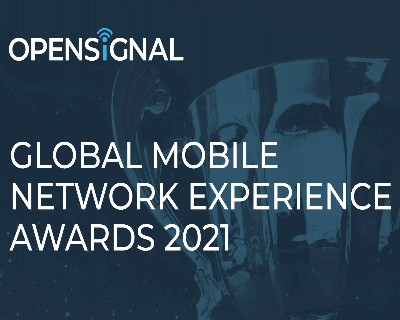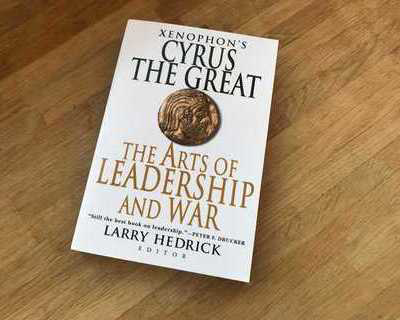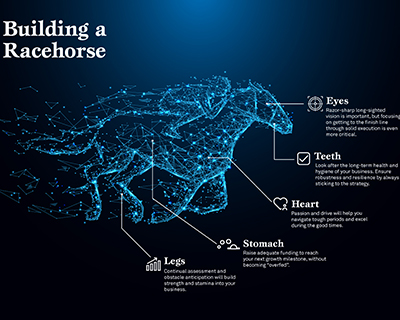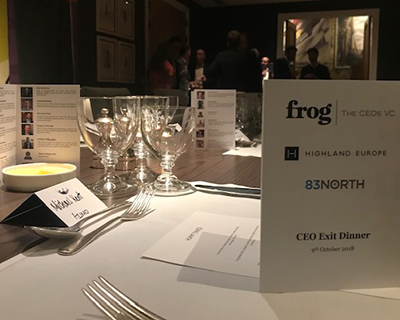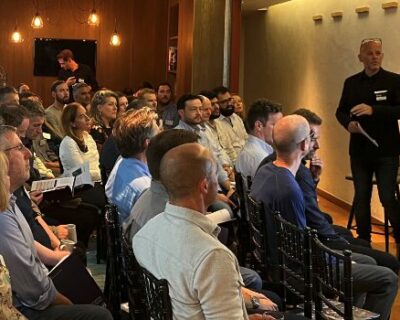The last week of February saw more than 109,000 visitors from over 198 countries and territories attending the 32nd edition of Mobile World Congress (MWC19) in Barcelona, the mobile industry’s premier conference event. Since its first edition in 1987, MWC has expanded well beyond just mobile telecommunications and mobile devices. Its evolution mirrors how the broader industry has changed over the years. Connectivity today is at the heart of many of the new technologies and innovations we are seeing across all fields. Participants at the event included strong representations from many the global tech giants, automotive manufacturers and media companies.
The overarching theme of MWC19 was Intelligent Connectivity, which represents the convergence of the IoT, AI and big data, supported by flexible, high-speed 5G networks. Hyper-connectivity and intelligence are coming together; networks are becoming AI driven, are becoming “intelligent”. Artificial intelligence (AI) is applied to mobile networks to make them smarter and more efficient, allowing them to deliver highly contextualised and personalised experiences.
AR and VR continue to be big themes, with increasing practical use cases being showcased. Cher Wang, CEO of HTC talked about a how technology will bring a more equal and empathetic world. In her view, AR and VR will be bigger than smartphones, “it will need a few years to take off just as smartphones, but it will become pervasive. Combining technologies of VR, AR, AI, blockchain and 5G creates the potential for a better world”.
Mobility and Smart Cities were also topics heavily covered at MWC19, with many of the key mobility players attending the show. Luca de Meo, President of SEAT, launched their Minimo vehicle concept. In his mind “in 10 years, or 20 years, or 30 years, big cities downtown will be closed to privately-owned vehicles”. Instead he thought local authorities will grant permits for vehicles in several categories, for example low cost and premium shared vehicles, all of which will be powered electrically. Smart city expert, Aisha Bin Bishr, director general at the government-backed Smart Dubai programme, highlighted the critical role of 5G. Tools which can help Dubai achieve its ambitions of becoming a smart city, such as drone taxis, can only become a reality with the help of 5G, she emphasised.
Telecom operators will continue to play a key enabler role to deliver intelligent connectivity. Telecom infrastructure underpins the digital world, José María Álvarez-Pallete, CEO of Telefonica, said in his opening remarks. “From over 20 million connected devices today, to 75 billion by 2025, everything is, and will be connected, driving ever increasing demand of connectivity and data traffic growth. All this is possible thanks to telecom infrastructure.” However, the industry is not going through easy times. “Mobile data traffic is growing more than 50% each year. There is no other sector where demand grows at this level every year, however it is massively deflationary.” He asked a simple question: “What would you think is more expensive on a daily basis: Two cups of coffee or asymmetric 600mb connection, two mobile lines with 12gb, unlimited voice, 80 TV channels including all the football, series and movies? Coffee is more expensive.”
Consumers’ relationship with telecom operators is notably troublesome. Vodafone Group CEO Nick Read said “Our reputation with consumers is just ahead of the tobacco industry”. In an industry where quality of service has been a major differentiator for mobile operators, still many customers around the world are experiencing poor services when using mobile data. The issue was recently highlighted by the “The 5G Opportunity” report, issued from Frog’s portfolio company, OpenSignal: “Congestion on current 4G networks is holding back speeds highlighting the need for new 5G capacity to relieve pressure.” OpenSignal is the independent global standard for analysing consumer mobile experience. Its industry reports are the definitive guide to understanding the true experience consumers receive on wireless networks.
In 2018, mobile video traffic accounted for more than 60% of all mobile data traffic, and its share is expected to grow almost 80% by 2022 according to the Cisco Visual Networking Index (February 2019). OpenSignal CEO Brendan Gill said that managing the data load associated with streaming video is “a real and current challenge for mobile operators on a really large scale”. In the meantime, consumer expectation is growing by the day. Network quality has become one of the top reasons why consumers churn from mobile operators and this makes intelligent investment a paramount necessity. For operators to limit themselves to just a view of their own network and customers is no longer enough. They need to have a close eye on competition through sophisticated reporting and analytics, that are derived in an independent and scientifically credible way. Just as JDPower became the independent voice of insight and analytics in the car industry, OpenSignal is leading the way to do the same in the mobile industry.
5G won’t just deliver faster speeds and enable a new era of Intelligent Connectivity, it will also provide new capacities to help mitigate the daily cycle of congestion on today’s 4G networks. With the commercialisation of 5G technology planned to begin in 2019, pressure is on for the telecom and infrastructure operators. The stakes around 5G roll-out are high. 5G’s economic potential could be enormous, with infrastructure spending on 5G estimated to exceed $326 billion by 2025. Data-centre OEM (including edge computing), network transformation providers and device manufacturer are among the players that are capturing some of that value. For telecom operators it is a huge opportunity. The question is whether they will be able to not only create value with 5G but actually benefit from that value, unlike the transition from 3G to 4G when they were burdened with investments and low returns.



